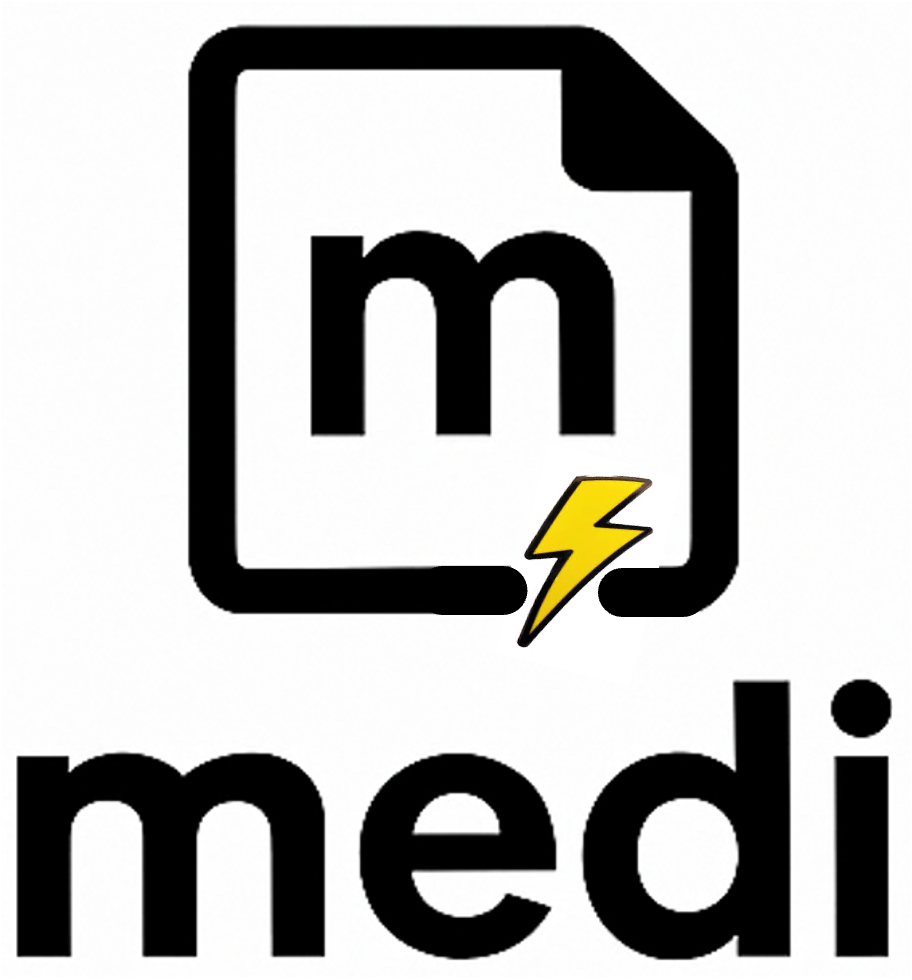medi
A speedy CLI driven Markdown manager

Overview
A fast, editor-centric, command-line notes manager built in Rust.
medi is a powerful tool for creating and managing your notes, articles, and documentation directly from the terminal. It’s built for developers, writers, and anyone who loves the speed and focus of a command-line workflow, combining the simplicity of Markdown with the speed of an embedded database.
Key Features
- Speed: Instant access to any note, no matter how large your collection grows.
- Interactive Fuzzy Finder: Instantly find and edit any note by its key or title with an interactive
medi findcommand. - Full-Text Search: Instantly find notes by their content, title, or tags using a powerful built-in search engine.
- Templates for Productivity: Speed up repetitive writing tasks by creating new notes from custom templates.
- Integrated Task Management: Turn your notes into actionable to-do lists. Add tasks to any note (
medi task add ...), list all your pending items, mark them as complete (medi task done ...), and set priorities to focus on what’s important. - Status Dashboard: Get a quick overview of your entire database with the
medi statuscommand. - Flexible Input: Create notes interactively in your editor, with a one-liner
-mflag, or by piping from other commands. - Robust Import/Export: Easily create version-controllable snapshots of your database or import notes from disk.
- Shell Completion: Generates completion scripts for
bash,zsh, andfishfor a faster workflow.
Core Philosophy
medi is built on a few guiding principles:
- CLI-first: Everything is done through the terminal. No GUIs, no distractions.
- Editor-centric: Your text editor (
$EDITOR) is where you write.medigets you there quickly and saves your work securely. - Local & private: All content is stored on your local machine. No cloud services, no network access.
- Zero-config start: Install it and start writing immediately.
Technical Details
medi is written in Rust. It uses clap for command-line argument parsing, sled for the embedded key-value database and tantivy for searching. For the fuzzy finding I am using the skim crate.